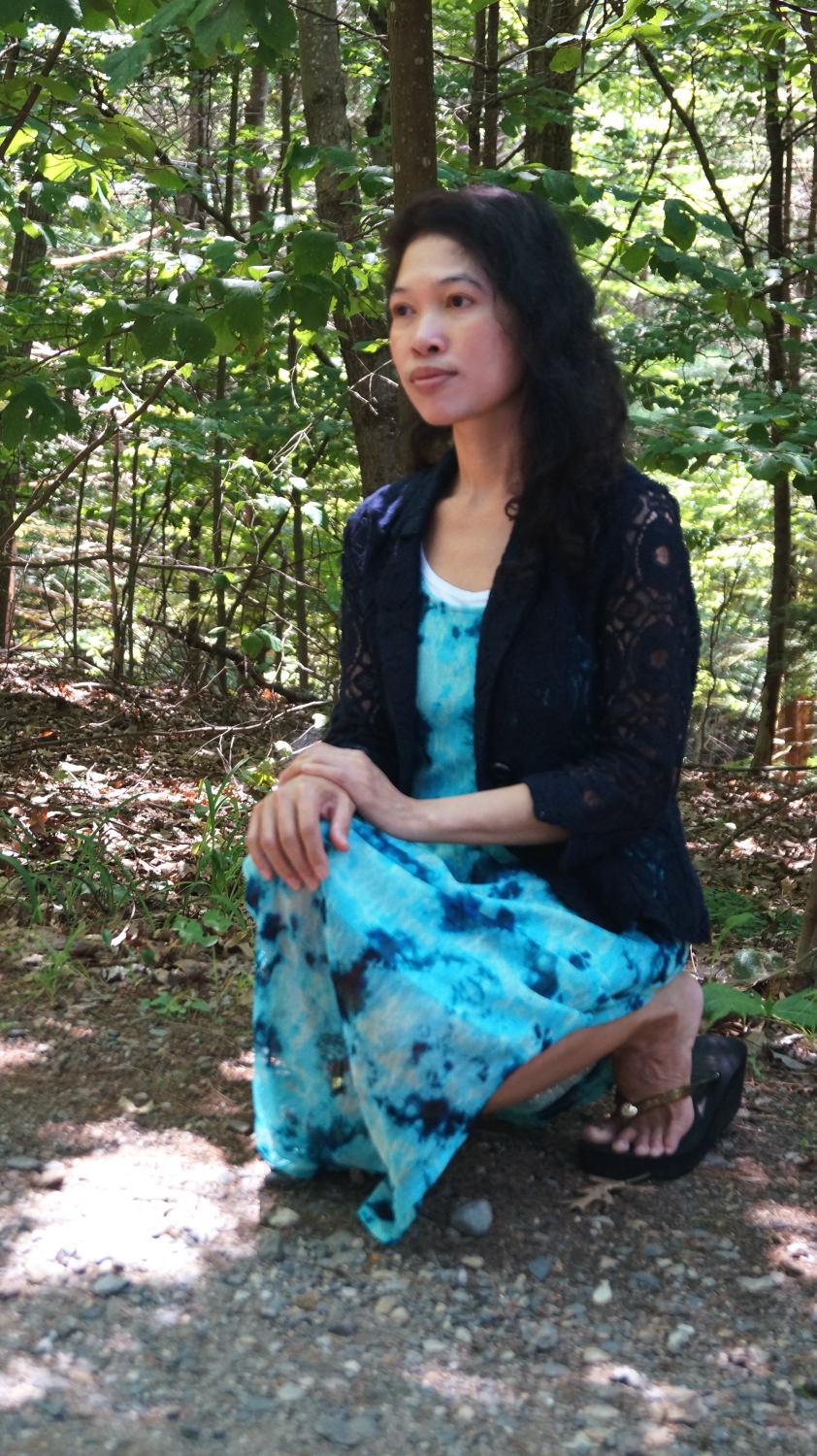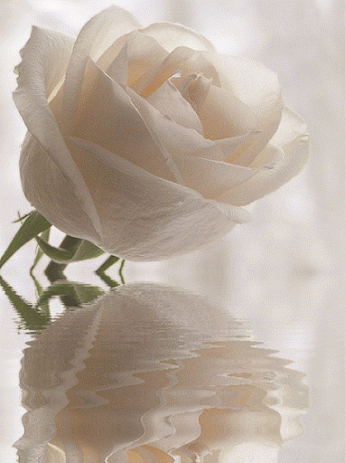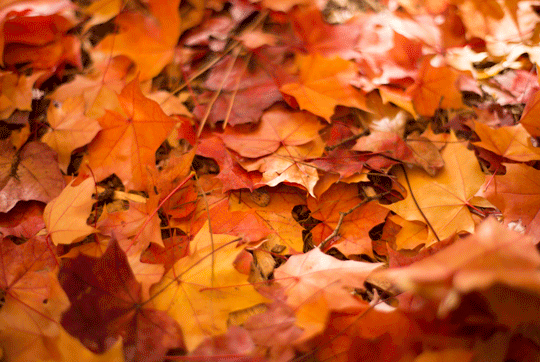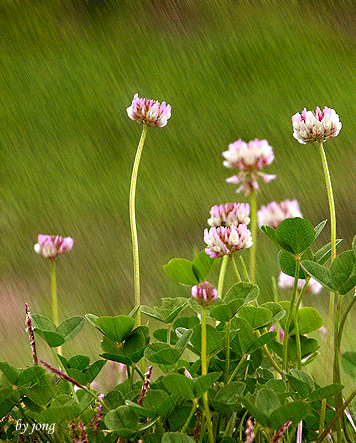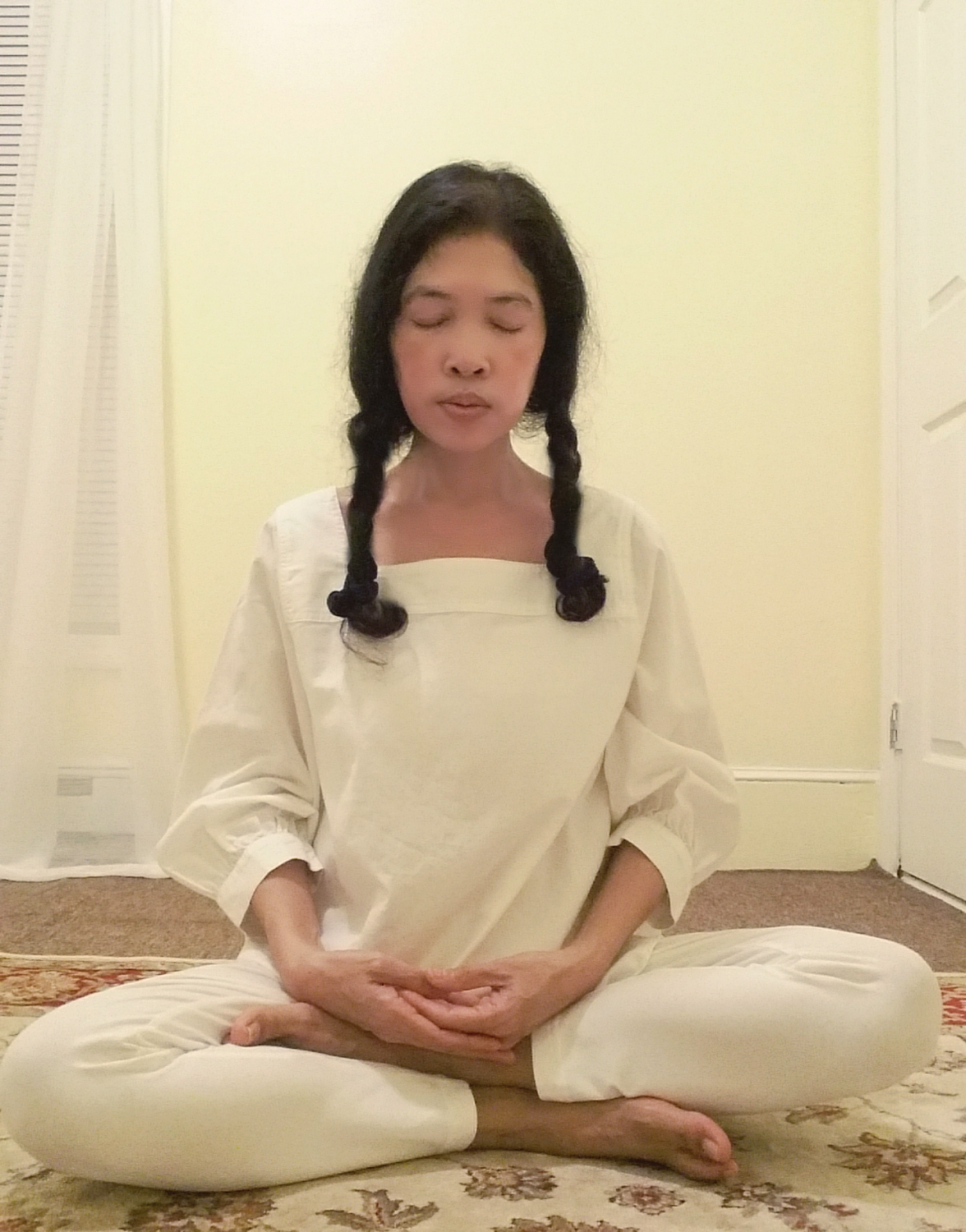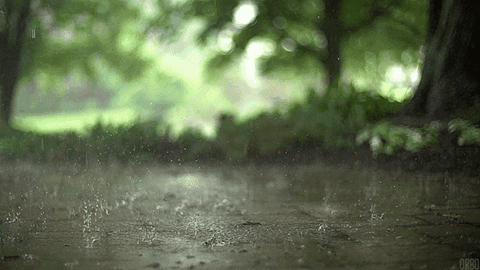-
2 July 13, 2020
-
Soul blossoming
Comment July 13, 2020 -
Nature speaks, land speaks
Comment July 13, 2020 -
Kindness is extended to all
Comment July 13, 2020One who is kind is sympathetic and gentle with others. He is considerate of others’ feelings and courteous in his behavior. He has a helpful nature. Kindness pardons others’ weaknesses and faults. Kindness is extended to all — to the aged and the young, to animals, to those low of station as well as the high. ~Ezra Taft Benson
-
Human kindness
Comment July 13, 2020 -
Examine your own mind every day
Comment July 11, 2020“To become your own psychologist,” says Lama Yeshe, “you don’t have to learn some big philosophy. All you have to do is examine your own mind every day. You already examine material things every day—every morning you check out the food in your refrigerator. Why not check out the state of your own mind? Investigating your own mind is much more important!” ~ Jack Kornfield
-
Kind attention mindfulness
Comment July 11, 2020When you bring the kind attention mindfulness to your inner states it will open up new possibilities. Seeing clearly the varied states of mind you will then have a choice. With practice, you can acknowledge the difficult states with compassion and then incline your mind toward positive qualities like loving-kindness and peace. In the midst of any circumstance you can invite courage and goodwill toward yourself and the world around you to return. ~Jack Kornfield
-
To work with our mental states
Comment July 11, 2020To work with our mental states, we have to acknowledge how rapidly these states can change, often disappearing without our noticing. Because we are not aware of our inner states, we feel controlled by outside influences. The world will alternately please us or be at fault, and we will be caught in habitual grasping or frustration. ~ Jack Kornfield
-
Our spiritual being
3 July 9, 2020Letting go and moving through life from one change to another brings the maturing of our spiritual being. In the end we discover that to love and let go can be the same thing. Both ways do not seek to possess. Both allow us to touch each moment of this changing life and allow us to be there fully for whatever arises next. ~Jack Kornfield
-
We do not possess or own anything
Comment July 9, 2020To love fully and live well requires us to recognize finally that we do not possess or own anything—our homes, our cars, our loved ones, not even our own body. Spiritual joy and wisdom do not come through possession but rather through our capacity to open, to love more fully, and to move and be free in life. ~ Jack Kornfield


